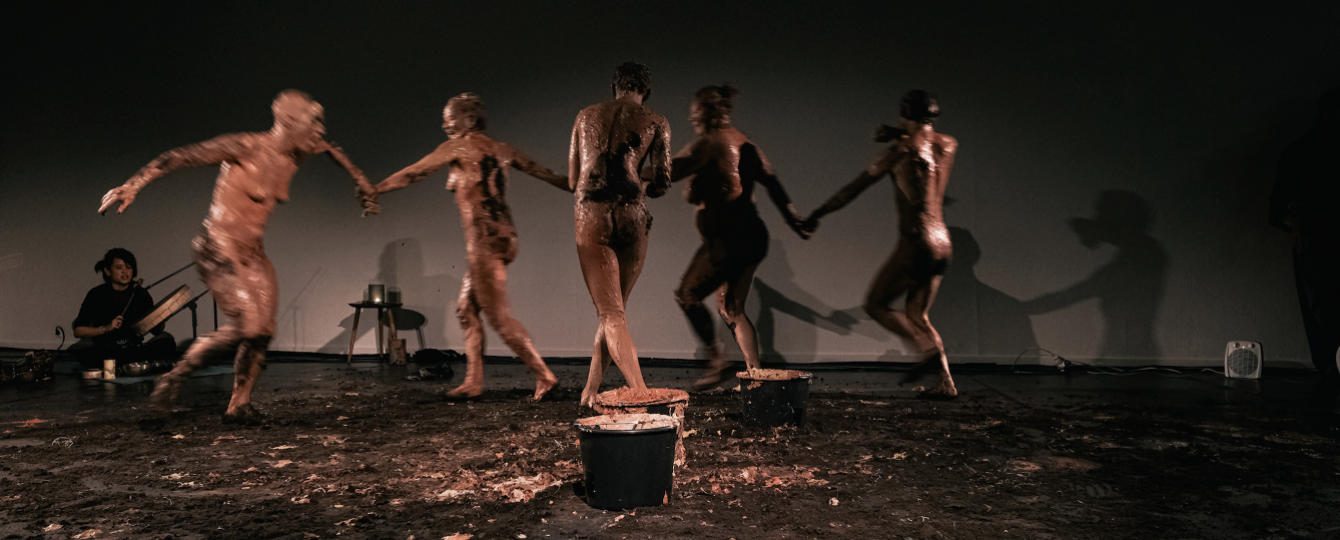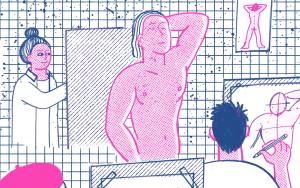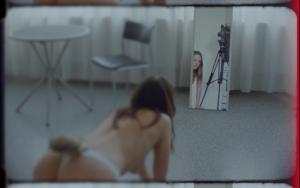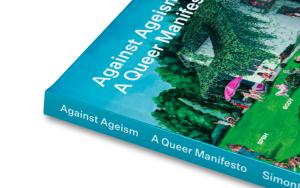14:00: start performance behind Braem Pavilion (free admission)
14:30: drawing workshop at Braem Pavilion (ticketed and sold out)
masharu draws from personal roots in Arkhangelsk, a region in northern Russia where the earth has traditionally been revered as a sacred force.
There, the ground was not merely seen as matter, but as a living being: people kissed it, asked for forgiveness, covered themselves with soil to ward off curses and restore energy. In that context, physicality takes on a different meaning – as something connected to environment, spirituality, and sensory rituals.
During the session, the performer’s body merges with clay in a slow, tactile process. An invitation to watch, to draw, and to be present at an intimate conversation between skin and earth.
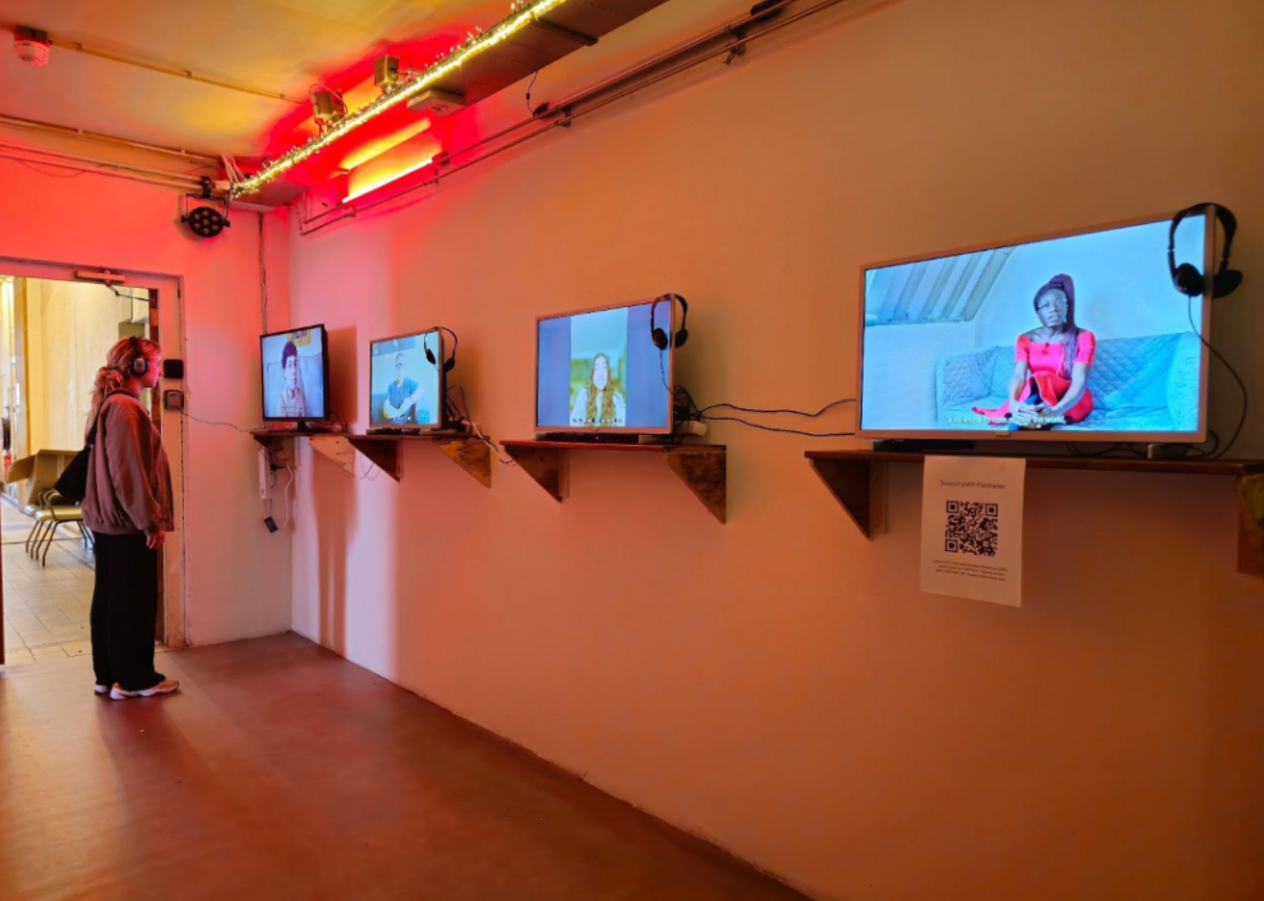 © masharu
© masharu
About the artist
Dr. masharu lives and works in Amsterdam. As an earth-eater and earth-lover, masharu explores the relationship between humans and the earth, both literally and symbolically. They are the founder of the Museum of Edible Earth, which combines scientific research with personal stories, cultural rituals, and sensory experiences.
masharu earned a PhD in mathematics in 2011 and graduated cum laude from the FotoAcademie in Amsterdam. In 2013–2014, they participated in the artist-in-residency program at the Rijksakademie van Beeldende Kunsten, and in 2018 they were an artist fellow at the Netherlands Institute for Advanced Study in the Humanities and Social Sciences (NIAS-KNAW).
Their work is internationally recognized and has been presented in over thirty countries, including the World Soil Museum (Wageningen), Ars Electronica Center (Linz), Modern Art Museum (Yerevan), African Artists’ Foundation (Lagos), Spanish Cultural Center (Guatemala City), World Design Event (Eindhoven), ReadyTex Gallery (Paramaribo), Jakarta Contemporary Ceramics Biennale, European Ceramic Work Centre (Oisterwijk), Sustainica (Düsseldorf), and Museo Marítimo (Bilbao).
masharu has received several awards, including an Award of Distinction at Prix Ars Electronica (Austria) and a YouFab Global Creative Award (Japan). Their work is structurally supported by the Mondriaan Fund.


